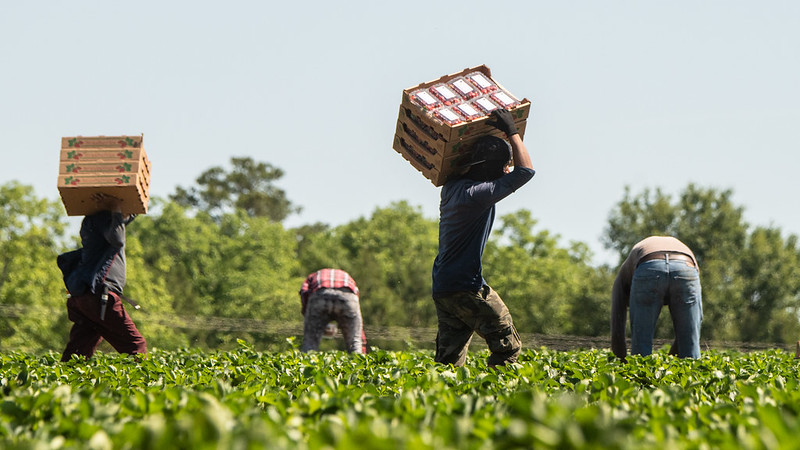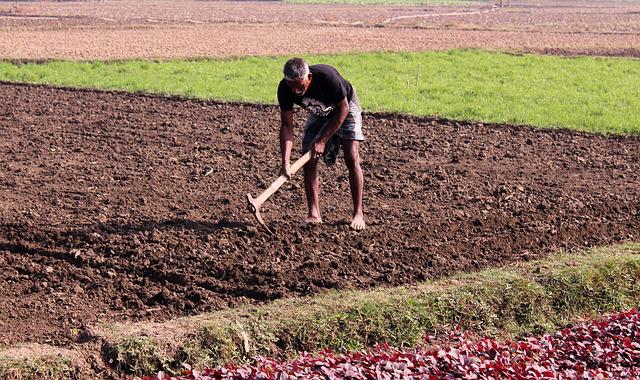As stated by the FAO, “Internal and international migrants contribute to agriculture and rural development in many ways, not only by sending remittances or transferring knowledge to their home countries, but also by working in agri-food systems in destination areas.” The UN and IOM assert that the pandemic situation has emphasised the importance of migrants, especially seasonal agricultural labours. Indeed, migrant workers hold a crucial role in the rural livelihoods, agri-food systems and the upholding of food supply in developed countries. Nevertheless, migrant workers had little, if any, support during the pandemic.
The substantial role of migrants in the agri-food workforce
Migrant workers are a cornerstone in the agri-food workforce and ineluctably in the food supply. Germany receives approximately 300,000 migrant labours per year, particularly from Poland and Romania, for agricultural, horticultural, and forestry work. In the United Kingdom, peak periods rely on additional migrant workers, about 75,000, coming principally from Romania and Bulgaria. In Sweden, around 3,000 to 5,000 migrant workers, mainly from Thailand, are expected to ensure the berry harvest yearly. Nonetheless, these numbers undersize the genuine number of berry pickers and other seasonal workers. They are employed under a special work permit. The special work permit only accounts for workers hired by Swedish companies, whereas most berry pickers work for placement agencies in Thailand. Workers within the EU are also excluded from the number. This example, therefore, brings evidence of the lack of representative data.
Between 2011 and 2017, the EU agriculture counted an outflow of over 1.3 million national farmworkers that was balanced by inflows of both intra-EU and extra-EU migrant labours. The two groups of workers raised by 58,500 (+36%) and 83,700 (+31%), respectively, in the same period. Migrant workers are, therefore, a core piece in the quest for food production and supply in the EU.
Shortage of migrants due to the pandemic
To contain the spread of COVID-19, many countries applied lockdowns, as well as border and mobility restrictions, which entailed labour shortages, particularly among Eastern European workers (chiefly from Romania), emphasising the dependency on a cheap and flexible migrant workforce. This has had a tremendous impact on the primary production sector as migrants are generally employed to harvest fruits and vegetables. France, Germany, and Huelva region in Spain experienced an important lack of seasonal workers of 200,000, 300,000, and 8,000, respectively. Consequently, a high quantity of agricultural products was ineluctably lost in the fields. In addition to jeopardising food availability, food decaying in the field is also harmful to the environment and generates significant financial losses for farmers.


